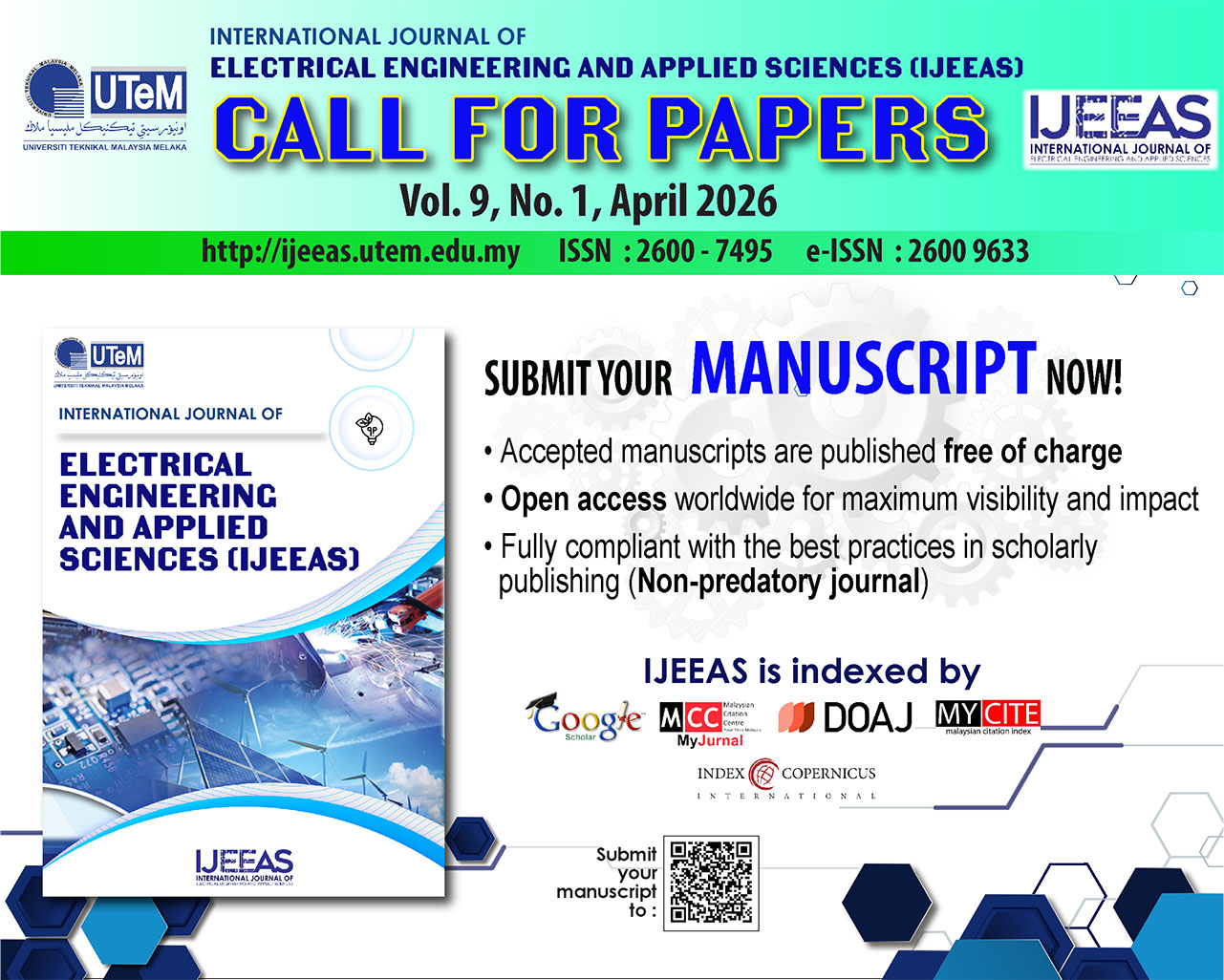Analysis and Experiments of Insulation Loss of Transformer Kraft Paper Based on Hotspot Variations
DOI:
https://doi.org/10.54554/ijeeas.2023.6.01.004Abstract
The transformer is one of the important components in the electric power system which is used to transmit power from high voltage to low voltage or vice versa. When the transformer is working, there is an increase in temperature in the transformer which has an impact on the degradation of transformer paper and oil. If proper maintenance is not carried out, aging factors such as oxygen, heat, and humidity will produce acids and other substances that can affect transformer insulation. Insulating oil and transformer paper will experience electrical, mechanical and thermal stress which causes a decrease in performance. The remaining service life of the transformer is an important aspect that must be known. The most commonly used method for estimating the life of a transformer is by accelerated aging experiments. Experiments were carried out by soaking kraft paper insulation in diala B shell mineral oil for 30 days with temperature variations of 120℃ and 160℃ . After the experiment, the transformer paper insulation was tested using the tensile strength testing method. Here the indicator of the end of the paper insulation life is the reduced tensile strength to 50% of the initial conditions. The test results show that temperature variations have an impact on the characteristics of paper insulation. Higher temperatures and longer heating durations result in a darker color of paper insulation. This causes depolymerization or a decrease in the mechanical strength of paper insulation with smaller tensile strength value. A decrease in the insulation strength of a transformer can cause damage to the transformer as well as reducing the lifetime of the transformer.
Downloads
Downloads
Published
How to Cite
Issue
Section
License
Authors who publish with this journal agree to the following terms:
- Authors retain copyright and grant the journal right of first publication with the work simultaneously licensed under a Creative Commons Attribution License that allows others to share the work with an acknowledgement of the work's authorship and initial publication in this journal.
- Authors are able to enter into separate, additional contractual arrangements for the non-exclusive distribution of the journal's published version of the work (e.g., post it to an institutional repository or publish it in a book), with an acknowledgement of its initial publication in this journal.
- Authors are permitted and encouraged to post their work online (e.g., in institutional repositories or on their website) prior to and during the submission process, as it can lead to productive exchanges, as well as earlier and greater citation of published work (See The Effect of Open Access).







